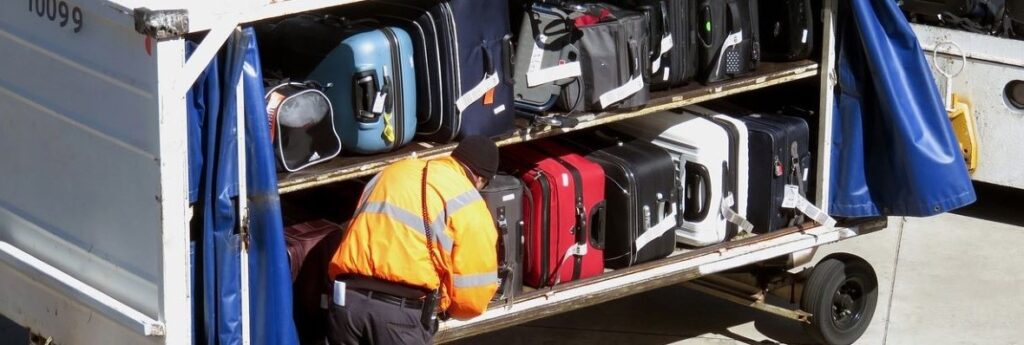We wouldn’t have known it while waiting over an hour for our bags to arrive at LAX on a recent visit – even with the 15-minute head start afforded by having to trek from gate to carousel – but at least they did arrive (and in one piece), which is an occurrence that the International Air Transport Association (IATA) says is steadily becoming more common.
IATA has released a global progress report on the implementation of baggage tracking in light of the associations Resolution 753 (adopted in 2018), which requires tracking baggage at acceptance, loading, transfer, and arrival.
The survey of 155 airlines and 94 airports reveals that:
- 44% of airlines have fully implemented Resolution 753 and a further 41% are in progress
- Regional variation in airline full adoption rates vary from 88% in China and North Asia, to 60% in the Americas, 40% in Europe and Asia-Pacific, and 27% in Africa
- 75% of airports surveyed have the capability for Resolution 753 baggage tracking
- Airport preparedness for Resolution 753 varies by size: 75% of mega airports are capable, 85% of major airports, 82% of large airports and 61% of medium airports
- Optical barcode scanning is the dominant tracking technology implemented by the majority of airports (73%) surveyed. Tracking using RFID, which is more efficient, is implemented in 27% of surveyed airports. Notably, RFID technology has seen higher adoption rates at mega airports, with 54% already implementing this advanced tracking system.
“Between 2007 and 2022 baggage mishandling reduced by nearly 60%. That is good news,” said Monika Mejstrikova, IATA Director Ground Operations. “But travellers expect better; and the industry is determined to make further improvements. Tracking bags at acceptance, loading, transfer, and delivery will give the industry the data it needs to improve. Tracking reduces overall mishandlings and helps airlines reunite mishandled bags with their owners even faster.
“With 44% of airlines already fully implementing Resolution 753 tracking and a further 41% in progress, travellers can have even more confidence that their bags will be at the carousel on arrival.”
In 2022, the global rate of mishandled bags was 7.6 per 1,000 passengers, according to SITA. The majority of these were returned within 48 hours.
Resolution 753 requires airlines to exchange baggage tracking messages with interline partners and their agents. The current baggage messaging infrastructure depends on legacy technologies using costly Type B messaging. This high cost adversely affects the implementation of Resolution 753 and contributes to issues with message quality, leading to an increase in baggage mishandling.
IATA is leading the industry’s transition from Type B to modern baggage messaging based on XML standards. The first pilot to test modern baggage messaging between airport and airlines is planned for launch this year.
And it can’t come soon enough.

